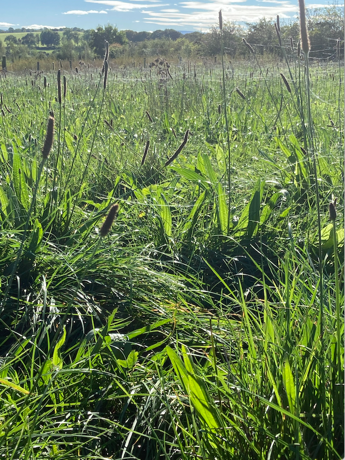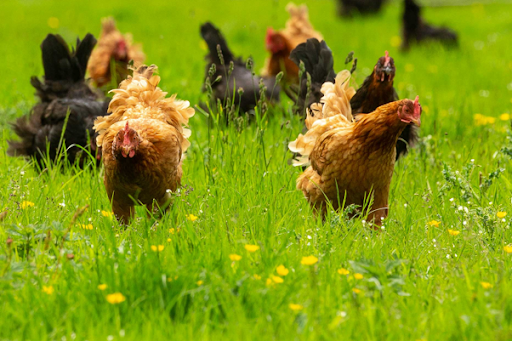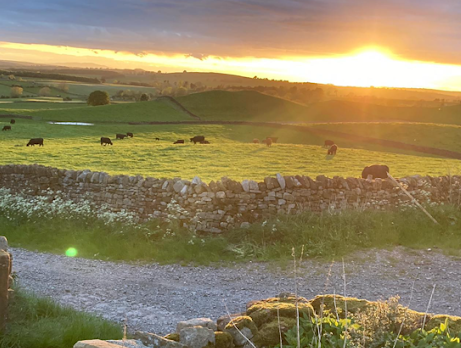Paul and Nicola Renison, Cannerheugh Farm, Cumbria 3/3
How do we monitor it?
Although soil tests have been done on a yearly basis, we made a mistake at the start of the journey in that we didn’t take any baseline data. We have kicked ourselves about this ever since. As part of a longer term plan we have just had a bird survey completed (see above), kindly funded by the Woodland Trust, and we plan to invite other societies that specialise in different species (e.g. bees, butterflies, fungi etc) to come and monitor them on our farm. At the same time, we occasionally look at photos of the land when we arrived here – as in the first picture below – and in the two following pictures we are reminded just how far we have come in releasing the natural biodiversity which is residing in the soil and awaiting the opportunity to flourish.



Are there any benefits to the farm that are directly attributable to the Pasture for Life approach and/or would be lost if there were no ruminant animals on the farm? In brief, what are the benefits from having ruminant animals on the farm?
Ruminants are at the very core of our system. To us it’s common sense - a large group of herbivores moving daily around the farm, grazing grass that has just been grown using the sun and rain and the herd is often accompanied by a swarm of swallows snacking on flies. A few days later the chickens arrive scratching the dung, eating larvae, sanitising the pasture and then that paddock rests for up to 80 days – pretty cool we think. Without the dung from the cattle we wouldn’t get the dung beetle activity we currently attract from their grazing.


What lessons have you learnt and would like to share with others?
Over the last decade we have completely changed the way we farm and the way that we think and see things. In our old paradigm it was all about production. Biodiversity was a bit of a pest really and people who banged on about trees and insect life annoyed us! Now we think much more holistically. We think in circles rather than in squares. Nature knows best and working with her is incredibly powerful and beneficial both to the planet and to mankind.

More about Renisons Farm here.
Read about the other biodiversity case studies.



